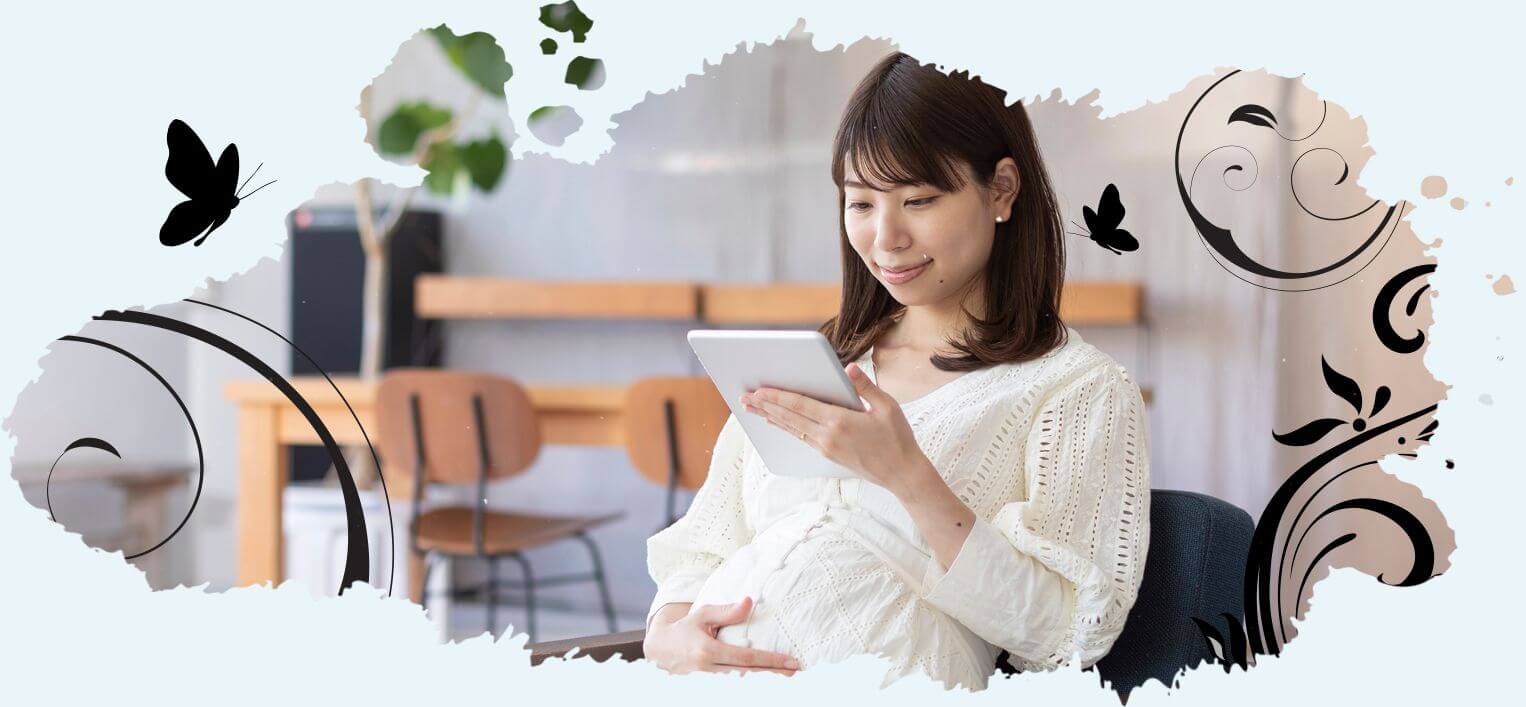

What are some gynaecological conditions and preventive measures that women should be aware of?
Infertility is a complex medical condition that affects many couples worldwide. Defined as the inability to conceive after a year of regular unprotected intercourse, infertility can be attributed to various factors, such as hormonal disorders, structural defects, or other reproductive health problems in men and women.
Fortunately, assisted reproductive technologies (ART) are available for couples seeking fertility treatments. One of these is in-vitro fertilisation (IVF). In this article, we discuss IVF treatment in Singapore, including its rules and restrictions.
In-vitro fertilisation is a type of assisted reproductive technology (ART) where a woman’s egg and a man’s sperm are fertilized outside of the body in a laboratory. During IVF treatment, the woman undergoes ovarian stimulation to facilitate the production of multiple mature eggs. These eggs are then retrieved and cleaned before undergoing Intra-Cytoplasmic Sperm Injection (ICSI) which involves injecting a single sperm into each egg via a microneedle to increase the number of fertilised embryos available for embryo transfer. If fertilisation is successful, an embryo will develop. Any unused embryos are then frozen for future use.
The resulting embryos will then be monitored for up to 3-5 days to assess whether they are developing optimally. Following this incubation period, the medical team will select usually one or two embryos and transfer them into the woman's uterus. Pregnancy occurs when the embryo successfully implants in the lining of the uterus.
Yes, IVF is legal in Singapore but only among married couples.
Before starting treatment, the couple must undergo a series of diagnostic tests to evaluate their reproductive health. These include blood tests and ultrasound scans for women, and semen analysis for men to identify potential causes of infertility.
Singapore also permits foreigners to undergo IVF treatments. However, co-funding using Medisave for IVF treatments is only available for Singapore citizens, or to couples where at least one party is a Singapore citizen.
It is important to note that while single women are allowed to freeze their eggs, only legally married couples can utilise their eggs for IVF.
Additionally, surrogacy, where another woman carries a pregnancy for another couple, is not permitted in Singapore.
As part of the government’s efforts to support marriage and parenthood, there is no age limit for eligible women to undergo IVF, nor is there a cap on the number of ART cycles one can have. Furthermore, on July 1, 2023, Singapore raised the age limit for elective egg freezing (EEF) from 35 to 37 years old.
Married couples can conceive a baby using donor eggs or sperm, provided the donation is made for altruistic reasons (donors cannot be compensated). Moreover, Singapore prohibits the commercial trading of eggs and sperm. Recipients, however, can reimburse donors for reasonable expenses, such as transport costs.
Typically, donor sperm is used when the man has azoospermia in which there is no sperm present in the semen. Additionally, donor sperm and eggs may be used to prevent passing on certain genetic disorders, such as haemophilia.
Under MOH (Ministry of Health) guidelines, sperm donors’ identities must remain anonymous. These donors undergo rigorous screening and counselling to ensure they are good candidates. This includes being tested for sexually transmitted diseases and other hereditary and chronic illnesses.
In Singapore, single women cannot receive donor sperm to get pregnant. Additionally, sperm donors in Singapore are permitted to father only up to three children.
Egg donors can be either known (such as relatives and close friends and this is generally encouraged) or the eggs may be obtained from donors who are not known to them. Similar to sperm donors, egg donors also undergo thorough physical and psychological assessments to ensure that they are suitable candidates.
If you are dealing with infertility and would like to explore your options, it is advisable to speak with a gynaecologist and fertility doctor. Send us a message or call us at 6733 8810 to schedule a consultation with our specialist, Dr Christopher Ng.
Do you have questions about women’s
health and pregnancy?
Let us help you.